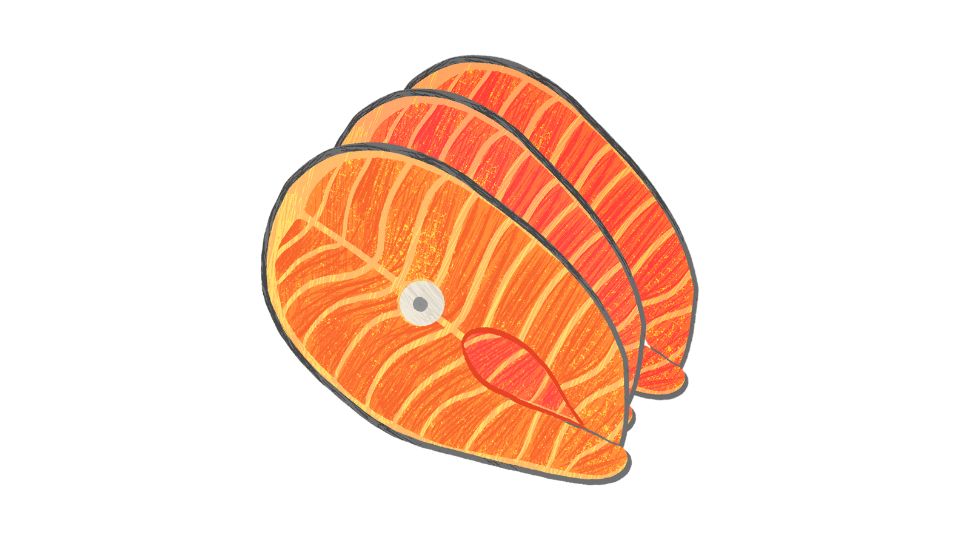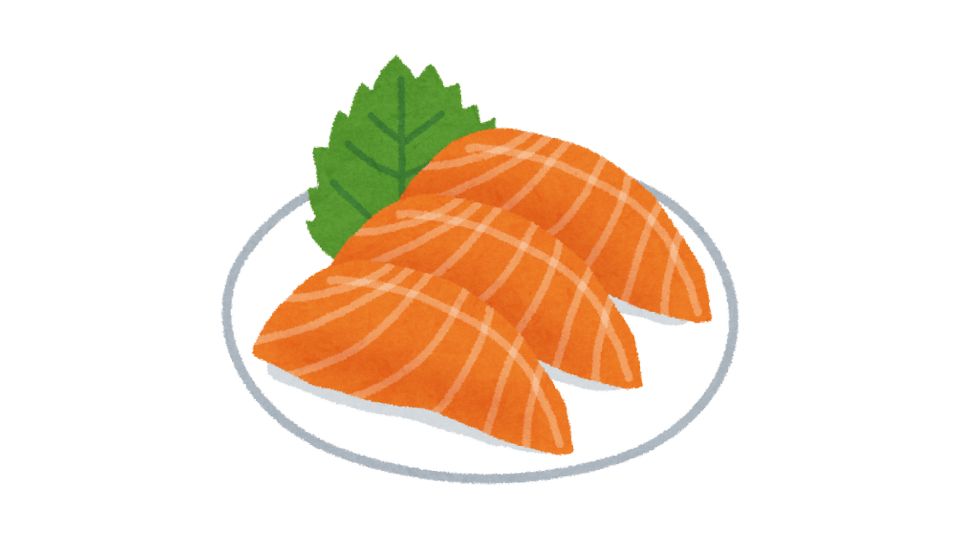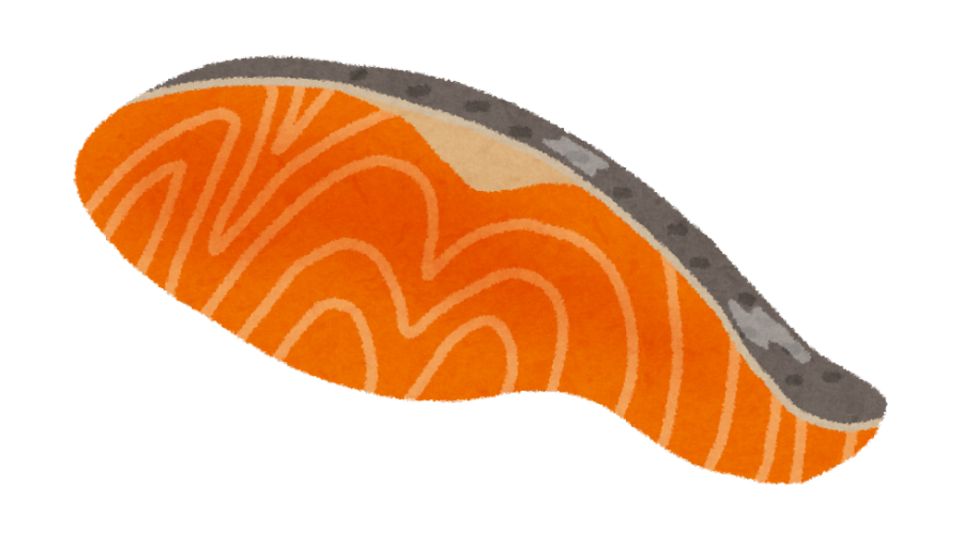Ever wondered how much protein is actually in that beautiful slab of salmon you just bought?
Spoiler alert: a pound of salmon (that’s about 454 grams) packs a serious protein punch – we’re talking 100 to 115 grams of protein. But the exact amount depends on whether you’re eating wild-caught or farmed salmon, and how you cook it.
Let’s dive deeper into the salmon protein world. Grab your fork! 🍴

How Much Protein Is Actually in a Pound of Salmon?
Wild vs. Farmed: The Protein Showdown

When it comes to protein content, not all salmon are created equal:
- Wild salmon typically gives you about 25 grams of protein per 100 grams
- Farmed salmon offers slightly less at around 22 grams of protein per 100 grams
Do the math and you’ll find that a full pound (454g) of wild salmon delivers approximately 114 grams of protein, while the same amount of farmed salmon contains around 100 grams.
Why the difference? Wild salmon get more exercise swimming against currents and hunting for food, which builds more muscle (protein). Meanwhile, farmed salmon live easier lives with regular feeding, resulting in slightly less protein but often more fat.
What Affects Protein Content in Salmon?
Several factors influence exactly how much protein you’re getting:
- Salmon species: King (Chinook) salmon typically has more protein than Pink salmon
- Size and age: Bigger, older salmon = more muscle mass = more protein
- Cooking method: Baking, grilling, or poaching doesn’t significantly change protein content, but can affect water content and concentration
Just for comparison, chicken breast offers about 31g of protein per 100g, making salmon slightly less protein-dense but with way more beneficial fats.
Salmon’s Nutritional Superpowers (Beyond Protein)

Salmon isn’t just a protein powerhouse – it’s a nutritional MVP with:
- Omega-3 fatty acids – These anti-inflammatory fats support brain health, reduce heart disease risk, and may even help fight depression
- Vitamin D – Hard to find in foods, but salmon delivers! One pound can provide several days’ worth
- B vitamins – Especially B12, which supports energy production and nervous system function
- Selenium – A powerful antioxidant that protects your cells
For context, one pound of salmon typically contains:
| Nutrient | Amount per 1 lb (454g) |
|---|---|
| Protein | 100-115g |
| Total Fat | 36-55g |
| Calories | 800-935 kcal |
| Omega-3s | ~10g |
| Vitamin B12 | 400%+ daily value |
| Selenium | 75-85% daily value |
How to Track Your Salmon Protein Intake

If you’re trying to hit specific protein goals (maybe you’re building muscle or managing your macros), knowing exactly how much protein is in your salmon matters.
MealByMeal is a text-based meal tracking software that makes tracking your salmon intake super easy – just text what you ate, and they’ll calculate all the nutritional details for you.
Why Salmon Protein Is Superior
Not all protein sources are created equal. Salmon offers complete protein with all nine essential amino acids your body needs but can’t produce on its own.
This makes salmon especially valuable for:
- Athletes needing quality protein for recovery
- Fitness enthusiasts looking to build or maintain muscle
- Health-conscious individuals seeking nutrient-dense foods
- Low-carb dieters wanting protein without the carbs
Plus, salmon protein is highly bioavailable, meaning your body can effectively use almost all of it, unlike some plant proteins.
Real-World Salmon Protein Examples
To put this in perspective:
- A typical restaurant salmon fillet (8oz/227g) provides about 50-57g protein
- A standard 4oz portion gives you around 25-29g protein
- A salmon meal prep container from services like Factor typically contains 5-6oz, delivering 31-38g protein
How to Get the Most Protein from Your Salmon

Want to maximize that protein punch? Here are some tips:
- Choose wild salmon when possible for slightly higher protein content
- Avoid overcooking which can make protein less digestible
- Pair with complementary proteins like quinoa or legumes for a complete amino acid profile
- Keep the skin on when cooking to retain more nutrients
Salmon isn’t just high in protein – it’s one of the healthiest protein sources on the planet. With its incredible nutrient density, it deserves its reputation as a superfood.
Whether you’re tracking macros or just trying to eat healthier, knowing that a pound of salmon gives you 100-115g of high-quality protein is a good factoid to keep in your nutrition toolkit.
Now go enjoy that salmon dinner with the satisfaction of knowing exactly what you’re getting!




Leave a Reply